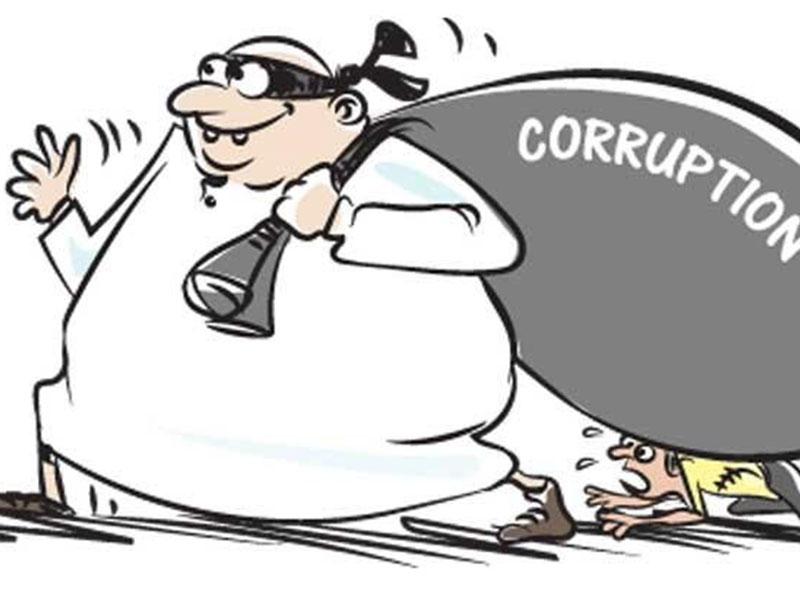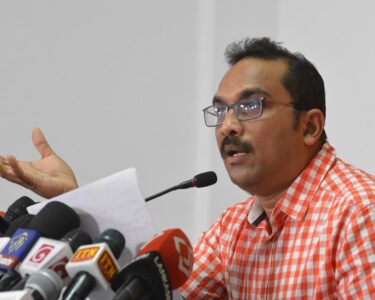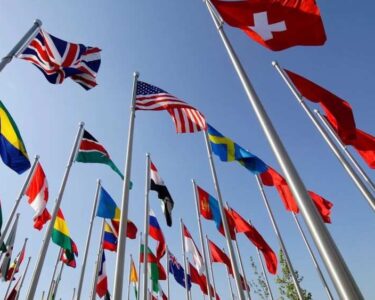International Anti-Corruption Day, observed globally on December 9th each year, serves as a crucial platform to heighten awareness about corruption and foster initiatives to combat this pervasive issue. Recognized by the United Nations General Assembly, this day underscores the detrimental effects of corruption on societies and economies, emphasizing the imperative values of transparency, accountability, and the rule of law.
Assessment of Corruption in Sri Lanka: A Persistent Struggle
Transparency International’s 2023 Corruption Perceptions Index (CPI) reveals a concerning score of 39 out of 100 for Sri Lanka, indicating a high level of perceived corruption. Ranked 118th out of 180 countries, the index highlights the challenges the country faces in curbing corruption, with a consistent decline from a score of 36 in 2022 and 33 in 2021.
Civil Society’s Role and Challenges
While civil society plays a pivotal role as a watchdog, its effectiveness in combating corruption in Sri Lanka appears compromised. Despite the potential to raise awareness, conduct prevention campaigns, and monitor policy implementation, civil society in the country has faced challenges. The 2023 CPI underscores a trend where civil society seems to be losing relevance, as it is often passive or aligns with corrupt elements within the political class and bureaucracy.
Isolation and Disempowerment: Civil Society’s Struggle
The dominance of the political class across various spheres of social life in Sri Lanka has left civil society feeling isolated, small, powerless, and disorganized in the fight against corruption. Although instances of civil society impact, such as Supreme Court rulings against powerful individuals, exist, they remain exceptions. The prevalent indifference within civil society positions it on both sides of the fence, rendering it increasingly irrelevant in the ongoing battle against corruption in the current social m







